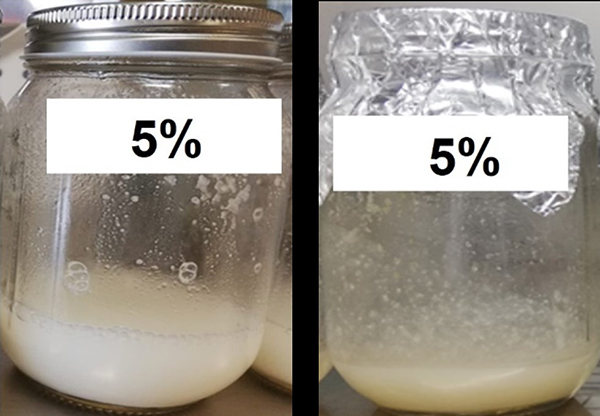FOR IMMEDIATE RELEASE
“New Pathway for Cisplatin Prodrug to Utilize Metabolic Substrate Preference to Overcome Cancer Intrinsic Resistance”
ACS Central Science

Prostate cancer is a leading cause of death among American men, and it’s resistant to one of the most powerful chemotherapy medications — cisplatin. Now, researchers reporting in ACS Central Science have developed the first therapy of its kind that disrupts prostate cancer cells’ metabolism and releases cisplatin into the weakened cells, causing them to die. In mouse models, an orally administered version shrunk tumors substantially.
Cisplatin attacks testicular, breast, bladder, lung and ovarian cancer cells, damages their DNA and effectively destroys tumors. However, it’s not effective against prostate cancer for reasons that are unclear to scientists, and many advanced cases of the disease don’t respond to other therapies, such as androgen deprivation. Previously, researchers have shown in mouse models that as the disease advances, tumor cells shift from glycolysis toward fatty acid oxidation to support their growth and division. So, Shanta Dhar and colleagues from Sylvester Comprehensive Cancer Center at the University of Miami wanted to develop a therapy that would inhibit fatty acid oxidation in cancer cells by targeting a mitochondrial protein that is vital to the metabolic process, making the cells susceptible to cisplatin.
The researchers verified that human prostate cancer cells thrive using fatty acid oxidation by assessing the biopsies of 38 people with the disease. Then they screened several cisplatin-containing prodrug compounds, which release the platinum-based molecule when they’re broken down, to see if they could inhibit fatty acid oxidation. The cisplatin prodrug Platin-L, which has a cisplatin molecule bound to a 12-carbon fatty acid on one side and succinate on the other side, had the greatest effect by binding to a key protein required for long chain fatty acid transport, a primary step in this metabolic process. And in trials, Platin-L reduced the growth of prostate cancer cells by over 50% in several different cell lines.
To develop a treatment that could be taken orally, the researchers encapsulated Platin-L in nanoparticles made with a biocompatible polymer that targeted prostate cancer cells. They administered the nanoparticles to mouse models with cisplatin-resistant prostate cancer and observed that the tumors shrunk, whereas tumors in animals treated with saline or cisplatin grew. Additionally, the Platin-L nanoparticle-treated mice had steady body weight, increased survival rates and didn’t display peripheral neuropathy. Because the treatment affects fatty acid metabolism, which can be elevated in other types of cancers, the researchers say their type of additive Platin-L therapy may also be applicable to additional aggressive and chemotherapy-resistant cancers.
The authors acknowledge funding from the Sylvester Comprehensive Cancer Center, a Bankhead-Coley Grant from the Florida Department of Health and the U.S. National Institutes of Health.
###
The American Chemical Society (ACS) is a nonprofit organization chartered by the U.S. Congress. ACS’ mission is to advance the broader chemistry enterprise and its practitioners for the benefit of Earth and all its people. The Society is a global leader in promoting excellence in science education and providing access to chemistry-related information and research through its multiple research solutions, peer-reviewed journals, scientific conferences, eBooks and weekly news periodical Chemical & Engineering News. ACS journals are among the most cited, most trusted and most read within the scientific literature; however, ACS itself does not conduct chemical research. As a leader in scientific information solutions, its CAS division partners with global innovators to accelerate breakthroughs by curating, connecting and analyzing the world’s scientific knowledge. ACS’ main offices are in Washington, D.C., and Columbus, Ohio.
To automatically receive press releases from the American Chemical Society, contact newsroom@acs.org.
Note: ACS does not conduct research, but publishes and publicizes peer-reviewed scientific studies.






